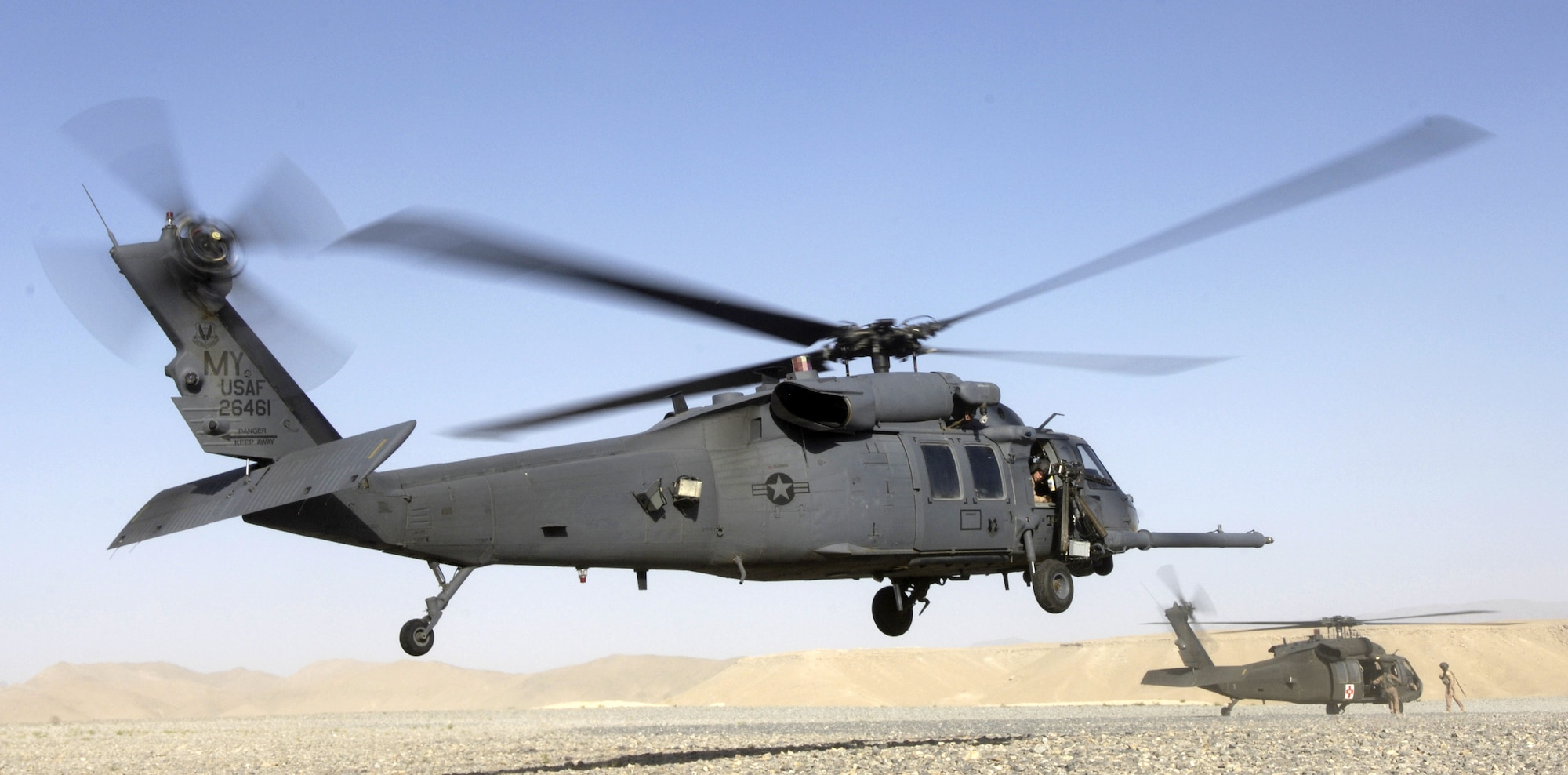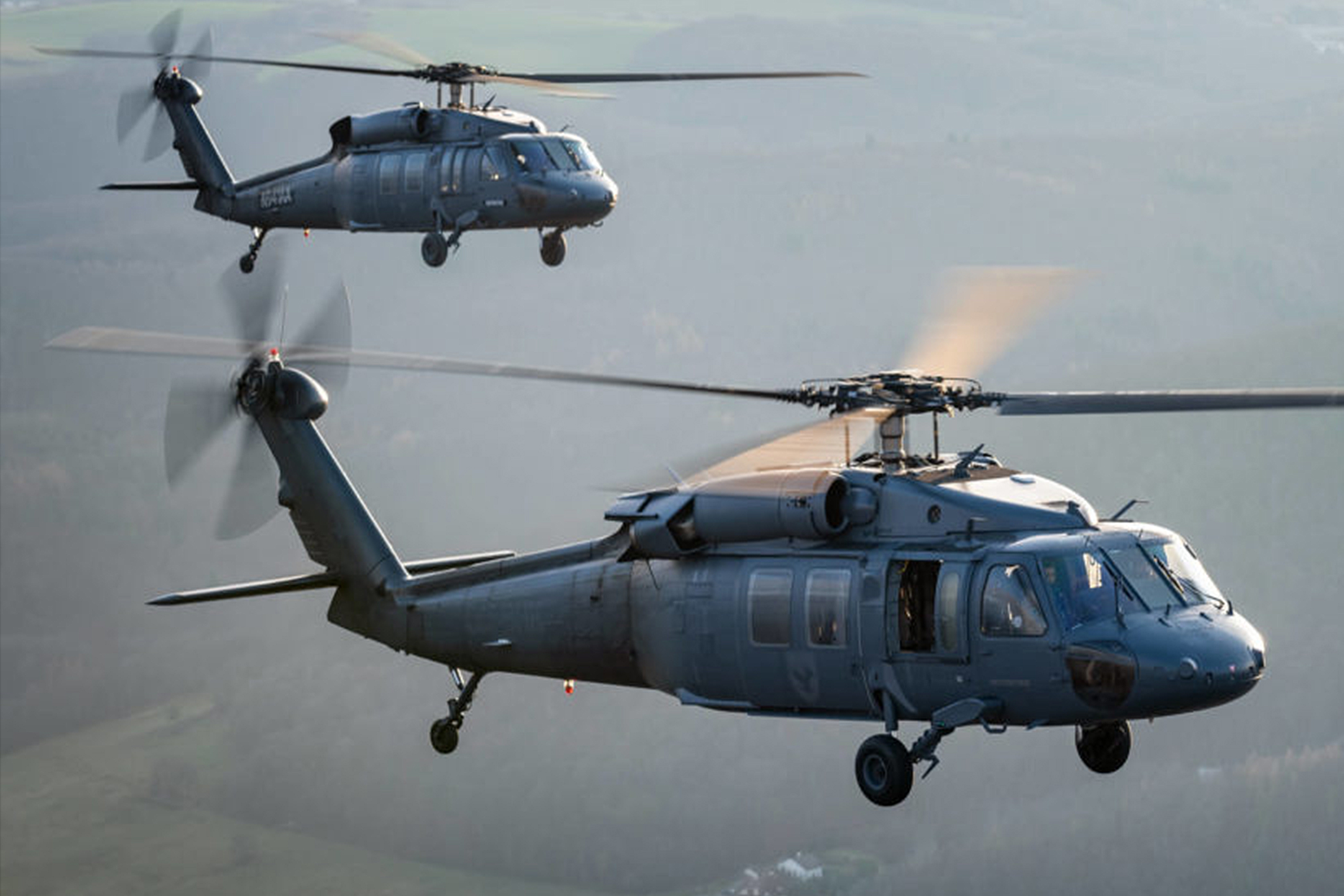UH 60 Black Hawk: Secret Features and Innovations
UH 60 Black Hawk: Secret Features and Innovations
Blog Article
The Effect of Lasting Practices on the Future of Aircraft Operations and Emissions Reduction
As the aeronautics industry faces boosting scrutiny over its ecological effect, the fostering of sustainable practices emerges as a crucial path toward future aircraft operations and emissions decrease. Advancements in sustainable aviation gas and improvements in hybrid propulsion innovations stand at the leading edge of this makeover, appealing substantial decreases in greenhouse gas discharges. The effective assimilation of these initiatives hinges on a variety of variables, including regulatory frameworks and industry cooperation. The concern continues to be: just how will these advancing methods reshape the dynamics of air travel and add to a much more lasting future?

Summary of Sustainable Practices
Sustainable practices in airplane procedures incorporate a series of approaches focused on reducing environmental effect while preserving operational effectiveness. These methods are essential in the air travel market's commitment to reducing its carbon footprint and adhering to international environmental requirements. Trick initiatives consist of optimizing trip courses to minimize gas usage, improving maintenance protocols to guarantee airplane run at peak effectiveness, and applying innovative innovations such as winglets and lightweight products that enhance aerodynamics.

Training and involving staff on sustainability methods additionally play an essential function, cultivating a culture of environmental obligation within organizations. In general, the integration of these sustainable techniques not just helps in reducing exhausts however also improves the long-term stability of the aviation industry, ensuring it satisfies the needs of both customers and governing bodies while adding to global sustainability goals.
Innovative Fuel Alternatives
Many innovative fuel alternatives are becoming essential options to reduce the air travel market's dependence on standard nonrenewable fuel sources. Among these choices, Lasting Air travel Fuels (SAFs) have gained significant interest due to their prospective to decrease lifecycle greenhouse gas exhausts by up to 80% contrasted to traditional jet gas. SAFs are originated from different feedstocks, including waste oils, farming deposits, and also algae, making them a flexible choice for the market.
One more appealing choice is hydrogen gas, which, when utilized in fuel cells, produces just water vapor as a by-product. This zero-emission potential presents a substantial possibility for decarbonizing trip operations, particularly for short-haul flights and local aircraft. Additionally, electric propulsion systems are being discovered, leveraging battery innovation to power airplane. While current battery ability restrictions variety and haul, continuous improvements may soon provide electric flights viable for details applications - uh 60.
Finally, biofuels stemmed from biomass are being investigated, providing an eco-friendly choice that can be blended with traditional gas. Jointly, these ingenious fuel choices represent a vital step towards accomplishing a sustainable air travel community, straightening with worldwide emissions reduction targets and improving the sector's environmental stewardship.
Technical Improvements in Aviation

Exactly how can technological improvements reshape the future of aeronautics? The integration of advanced modern technologies is crucial in changing aircraft procedures, enhancing efficiency, and lowering emissions. Advancements such as hybrid and electrical propulsion systems are at the forefront, encouraging significant decreases in fuel usage and greenhouse gas exhausts. These systems leverage improvements in battery modern technology and power monitoring, enabling aircraft to run with a reduced environmental footprint.
Furthermore, the implementation of innovative materials, such as lightweight compounds, adds to boosted the rules of aerodynamics and fuel performance. Making use of fabricated intelligence and maker learning in flight procedures maximizes route preparation and decreases gas melt by enabling real-time modifications based upon weather and website traffic problems. In addition, the development of independent and remotely piloted airplane systems stands to revolutionize cargo and guest transportation, potentially top article raising efficiency while lessening human mistake.
Additionally, lasting aviation innovations, including innovative air web traffic monitoring systems, can reduce and simplify procedures blockage, resulting in reduced emissions during flight. These advancements collectively stand for a standard shift in aviation, promising a future where sustainability and operational effectiveness are linked, thereby sustaining the industry's dedication to reducing its environmental effect.

Regulatory Structure and Conformity
Taking into account the expanding focus on environmental stewardship within the air travel market, the governing structure controling airplane procedures is advancing to advertise sustainable practices. Regulatory bodies, such as the International Civil Aeronautics Company (ICAO) and different nationwide air travel authorities, are presenting rigorous standards focused on reducing emissions and improving operational performance.
These laws usually consist of the adoption of Lasting Aeronautics Gas (SAF), which has been identified as a vital component in accomplishing reduced carbon footprints. Conformity with these regulations needs airline companies to implement operational practices and innovative innovations, such as enhanced flight courses and improved air web traffic administration, to lessen gas usage.
In addition, the enforcement of exhausts trading plans and carbon balancing out initiatives is becoming increasingly common, engaging airline companies to keep track of and report their exhausts properly. Non-compliance can lead to substantial fines, hence pressing operators to focus on sustainability in their business models.
Eventually, the evolving regulative landscape not only drives innovation and investment in eco-friendly innovations however likewise promotes a culture of responsibility within the air travel industry. As these frameworks proceed to create, the focus on sustainable practices will be important to accomplishing the sector's long-term environmental objectives.
Future Fads in Airplane Operations
As the aeronautics industry adapts to a progressively strict regulative environment, future fads in aircraft operations are established to concentrate on cutting-edge options that better boost sustainability and effectiveness - uh 60. Secret growths will likely consist of the fostering of innovative air website traffic management systems, which make use of real-time data and expert system to optimize trip courses, reducing gas intake and emissions
One more substantial trend is the raised assimilation of sustainable air travel gas (SAFs) These choices to traditional jet gas, acquired from eco-friendly resources, can substantially lower lifecycle greenhouse gas emissions. The industry's dedication to SAFs will likely accelerate as airline companies team up with gas manufacturers to guarantee availability and cost-effectiveness.
In addition, the push in the direction of electrification and hybrid propulsion systems is obtaining energy. Emerging airplane styles link will include these technologies, using quieter and much more reliable procedures, especially for short-haul flights.
Verdict
Finally, the combination of sustainable methods in airplane operations holds significant capacity for discharges reduction and boosted efficiency. The adoption of lasting aviation fuels, combined with advancements in electrical and hybrid propulsion systems, is crucial for lessening lifecycle greenhouse gas emissions. Moreover, maximizing flight courses and accepting cutting-edge modern technologies add to a quieter and more eco-friendly aviation market. Jointly, these efforts line up with worldwide sustainability goals and pave the means for a greener future in aeronautics.
Developments in sustainable aviation gas and developments in hybrid propulsion technologies stand at the forefront of this improvement, appealing considerable decreases in greenhouse gas discharges.Numerous ingenious fuel choices are arising as crucial remedies to decrease the air travel sector's dependence on traditional fossil gas - uh useful link 60. Amongst these alternatives, Sustainable Aviation Gas (SAFs) have actually gotten significant attention due to their possible to reduce lifecycle greenhouse gas discharges by up to 80% contrasted to standard jet gas.An additional substantial fad is the boosted combination of lasting air travel fuels (SAFs) The fostering of lasting air travel fuels, coupled with developments in hybrid and electrical propulsion systems, is vital for minimizing lifecycle greenhouse gas emissions
Report this page